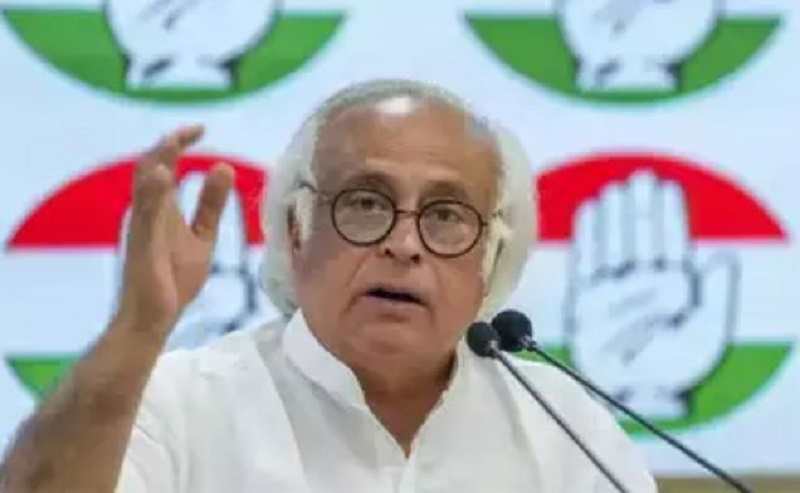Congress slams BJP; Calls anti-paper leak law as "damage control"
The Public Examinations (Prevention of Unfair Means) Act, 2024, came into effect on Friday. Read further on Dynamite News:

New Delhi: Lashing out at the Bharatiya Janata Party government over the anti-paper leak law for exams that came into effect on Friday, Congress leader Jairam Ramesh said the bill deals with leaks "after they have occurred" while it is important to prevent the leaks from happening at the first place.
Terming the bill as a "damage control" to deal with controversies that have cropped up in several recent exams, the Rajya Sabha MP said the bill was given an assent by President Murmu in February itself, while it came to force only on June 21.
The Public Examinations (Prevention of Unfair Means) Act, 2024, came into effect on Friday.
Also Read |
"Taxing mercilessly...," Cong demands govt to slash petrol, diesel prices by 35 pc
According to the Act, the offences will be punishable with imprisonment between three and five years, and a fine up to Rs 10 lakh.
Taking to social media platform X, Jairam Ramesh said, "On Feb 13, 2024, the President of India gave her assent to the Public Examinations (Prevention of Unfair Means), Bill, 2024. Finally, just this morning, the nation has been told that this Act has come into force from yesterday, that is, June 21, 2024. Clearly, this is damage control to deal with the NEET, UGC-NET, CSIR-UGC-NET and other scams."
"This law was needed. But it deals with leaks after they have occurred. More important are laws, systems, processes, and procedures to ensure that leaks don't happen in the first place," he added.
Also Read |
Congress to stage nationwide protest tomorrow against Income Tax notices
The Public Examinations (Prevention of Unfair Means) Act, 2024, came into effect on Friday. It aims to prevent unfair means in public examinations and common entrance tests held across the country.
The bill comes amid the massive row over the alleged malpractices in conducting the NEET and UGC NET examinations.
The Bill was passed by the two Houses of Parliament in the Budget session which concluded on February 10. It seeks to prevent the use of "unfair means" in public examinations and bring "greater transparency, fairness and credibility". (with Agency inputs)
 Dynamite News
Dynamite News 